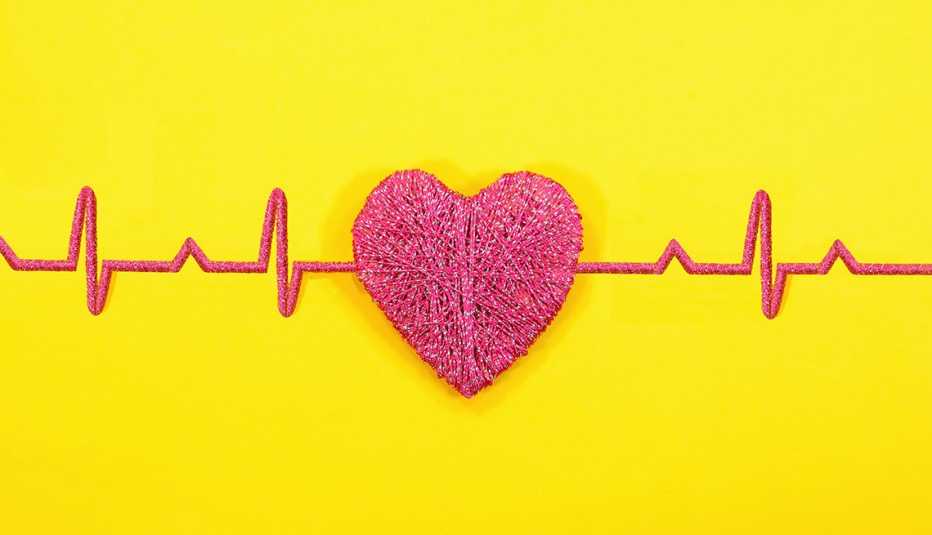AARP Hearing Center


This quiz was created with the use of generative AI. It has been reviewed by editors before publication.
AARP


This quiz was created with the use of generative AI. It has been reviewed by editors before publication.
ARTICLE CONTINUES AFTER ADVERTISEMENT
You have unanswered questions. Please go back and complete those questions to finish the quiz.
ARTICLE CONTINUES AFTER ADVERTISEMENT
More From AARP
Understanding Heart Attacks and Cardiac Arrest
Both are medical emergencies but often require different responses8 Things to Know About Heart Disease
Heart disease risks and prevention tips for people 50-plusHeart Health Secrets from a Cardiologist
Keep your ticker in great shape as you age